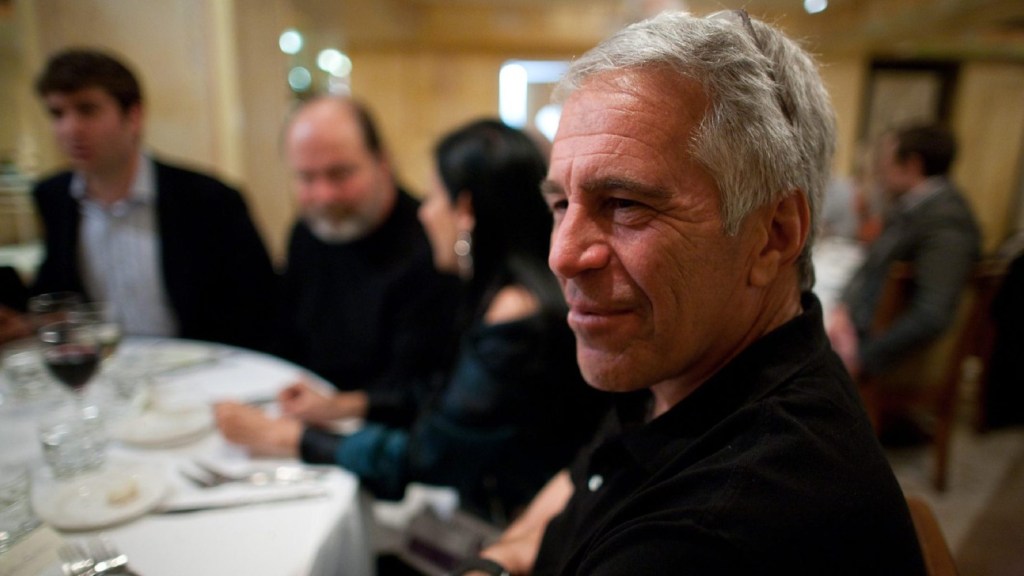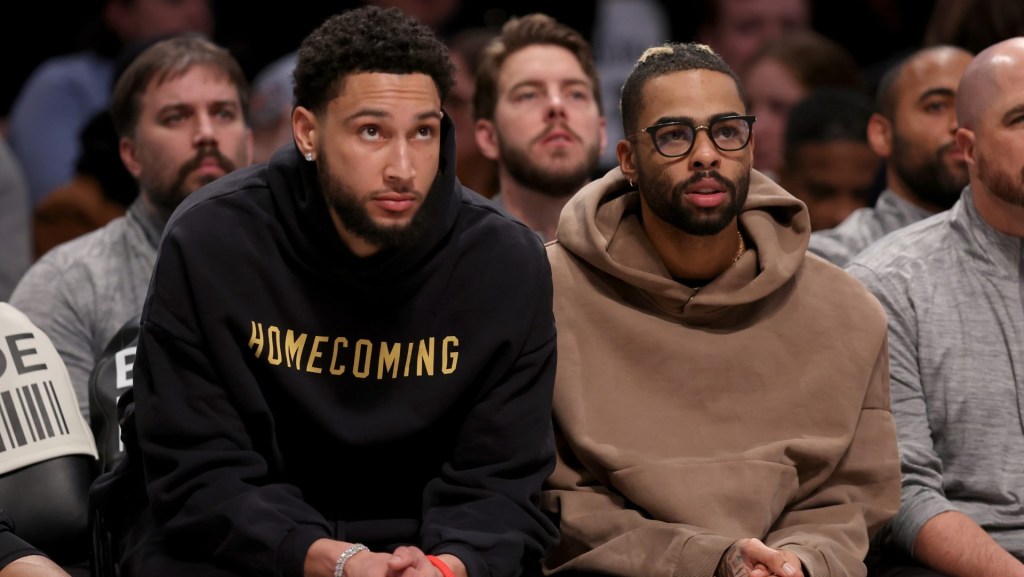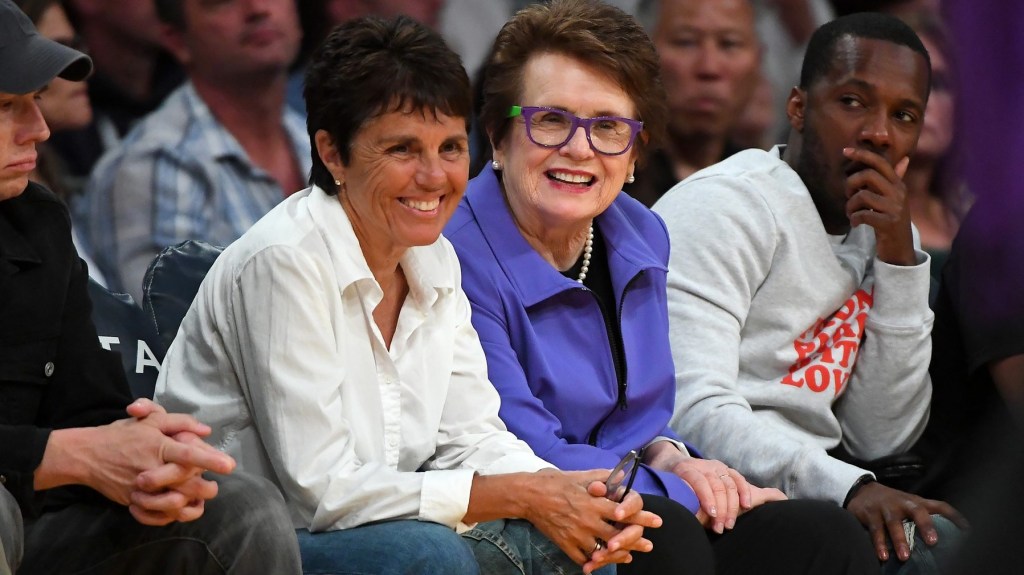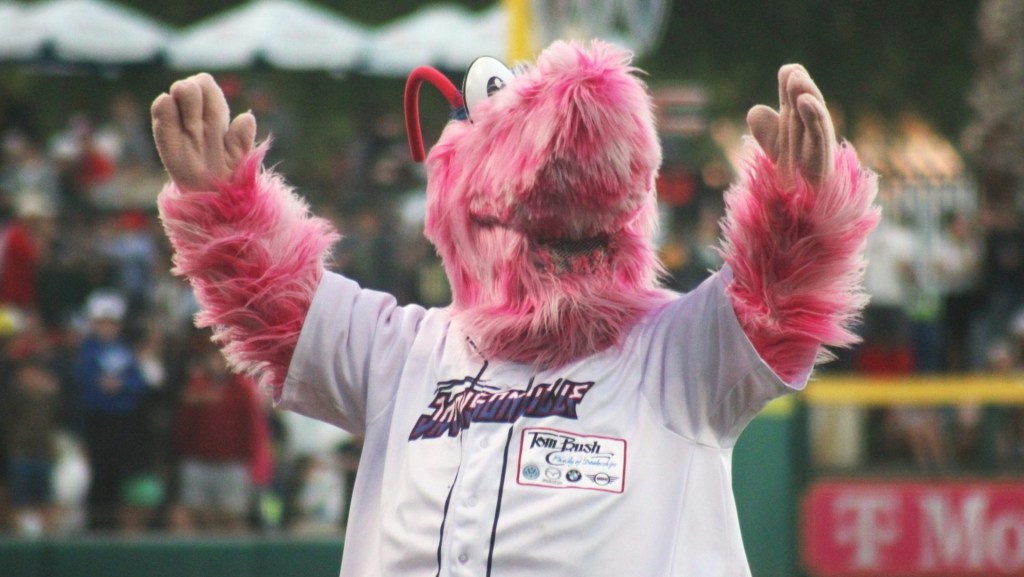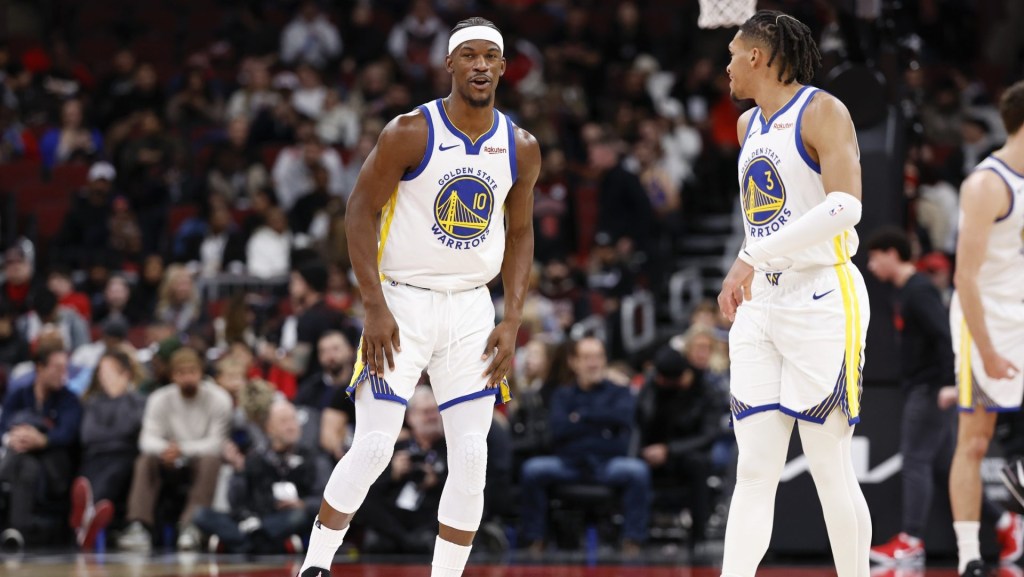As NFL owners gathered in Minnesota this week and voted 31–1 to allow private equity firms to buy ownership stakes in teams, I kept thinking of the greatest business book of all time, Barbarians at the Gate.
The 1989 title by Bryan Burrough and John Helyar chronicled the infamous 1988 leveraged buyout of RJR Nabisco by the PE firm Kohlberg Kravis Roberts. (The firm is currently being sued by the early founders and employees of FanDuel.) The Nabisco madness marked the start of the era of LBOs and “corporate raiders” like KKR and its PE peers.
Now the corporate raiders can buy into the NFL’s Raiders. Or any other team that will have them. (Probably not the Bengals, the lone dissent in the vote.)
In Barbarians at the Gate, Teddy Forstmann of Forstmann Little, a firm that also entered the frenzied bidding war for Nabisco, derides KKR’s “phoney junk bond” money and declares, “We need to push the barbarians back from the city gates.”
The NFL has let the “barbarians” in. But despite it being a meaningful shift in position by the league, it really won’t mean much for the typical sports fan.
Private equity investors in NFL clubs won’t have any voting power, influence, or say in the team’s operations. They won’t be the faces of the teams and won’t have governance rights. Each team will be limited to selling no more than a 10% stake to private equity; for comparison, the NBA and MLB allow 30%. Additionally, no individual or group can own more than 7.5% of any league-approved fund (the NFL approved only eight), which means no individual from this new PE cadre will own more than 0.75% of a team. A team’s most devoted fans will probably never even catch a glimpse of the silent-partner suits who’ve bought in behind the curtain.
We know what’s in it for the teams: A low-pressure capital injection. “All it is,” commissioner Roger Goodell said after the vote, “is a silent position that would allow access to capital for those teams that wish to offer 10% of their team.”
What’s in it for private equity?
For starters, it’s basically a guaranteed investment. No investment is ever guaranteed, but NFL team valuations have risen steadily every year, and the latest Forbes valuations are up an average of 11% from just a year ago. All 32 teams are profitable (not the case in the NBA or MLB). Owning a piece of an NFL team is the closest thing a group of rich people can get to a sure bet. The NFL is requiring private equity investors to stay invested for at least six years; that means they can’t stage the kind of activist raid that PE is known for. And no matter which team a firm buys into, that firm will be able to sell its stake for a profit as soon as it’s permitted.
It’s also a vanity play. When Jeff Bezos bought The Washington Post, and John Henry bought The Boston Globe, and Salesforce CEO Marc Benioff bought Time, they didn’t do it thinking print media would be a great investment. They bought it because if you’re a billionaire, you need your plane, your yacht, and your legacy newspaper or magazine. Approved PE firms will view NFL stakes the same way.
It’s also a hospitality play, as so much of sports is nowadays. The partners at these PE firms won’t be public facing, but they’ll certainly use the suite to impress clients and friends. With the rising price of tickets, many of the people in the nicest seats at games now are corporate guests anyway, not real fans. Teams have embraced this and created ultra-luxe hospitality experiences and areas for ultra-high-net-worth individuals.
Ted Leonsis nailed it in a comment to ESPN. Private equity firms, he said, are basically being told, “Do you have any control? Any role? No, you’re passive investors. You’ll get your name on a website somewhere or something and you get to tell people I own a piece of an NFL team.”
That’s good enough for them. That’s the bargaining power of the NFL.
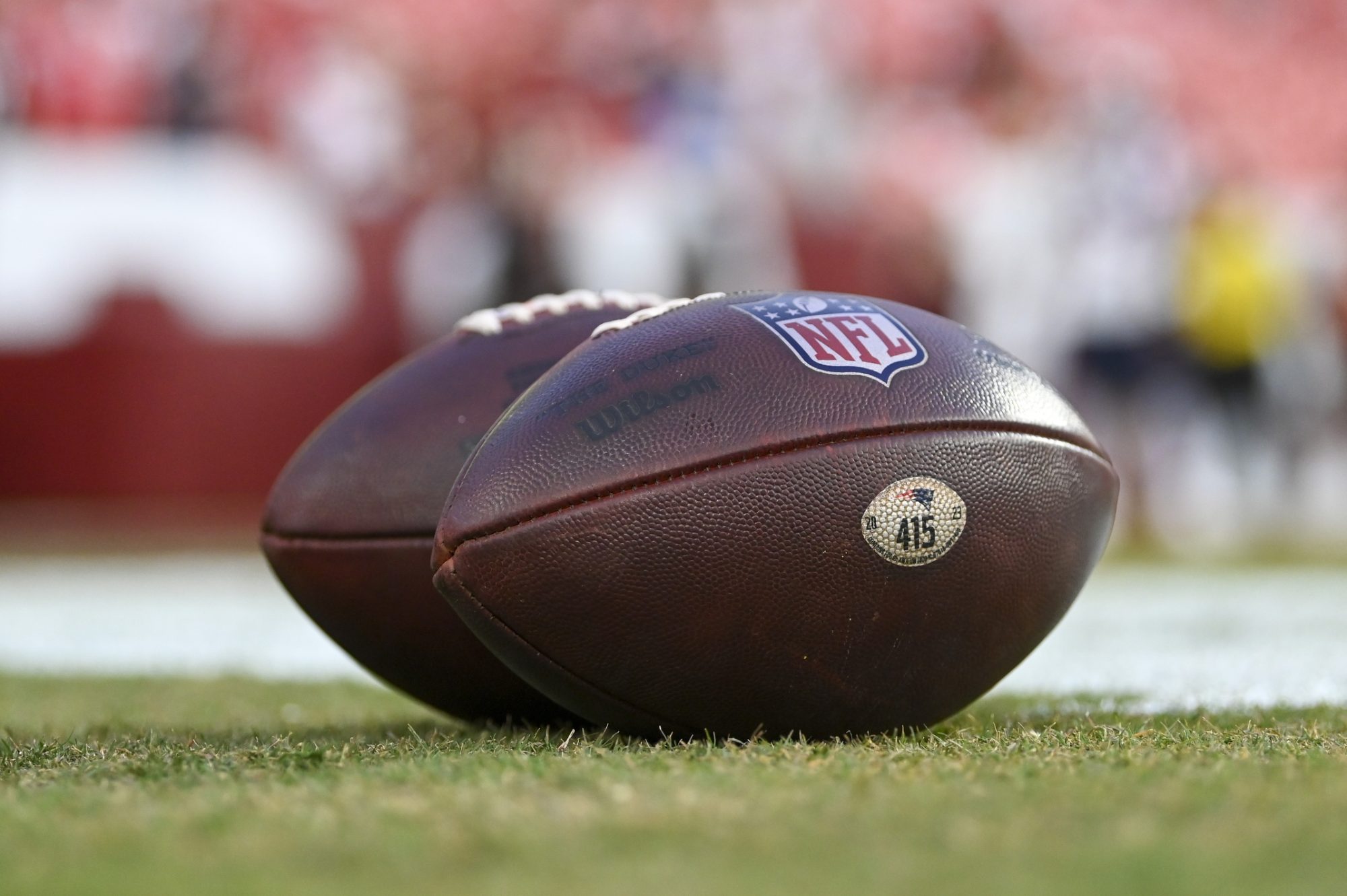
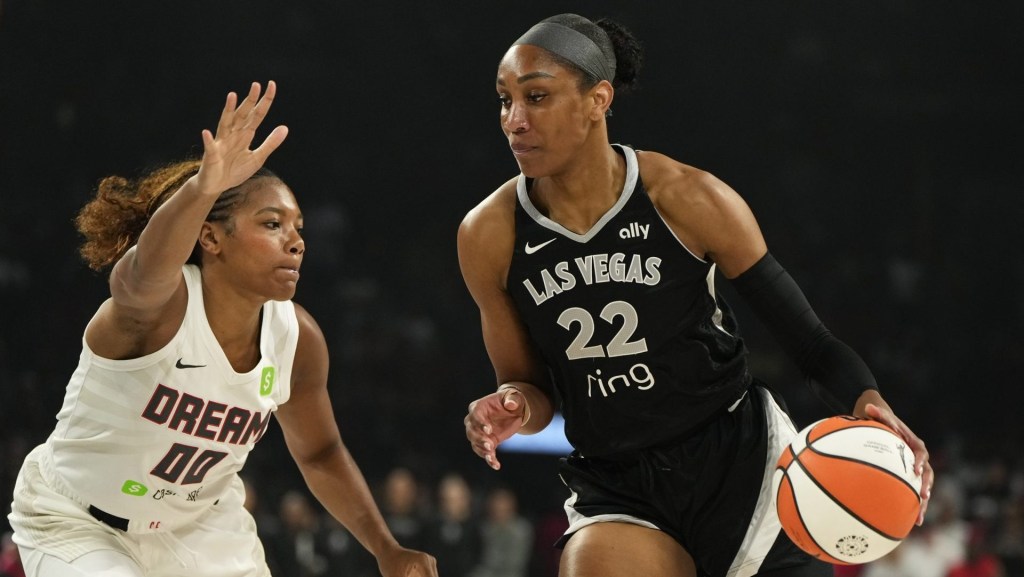
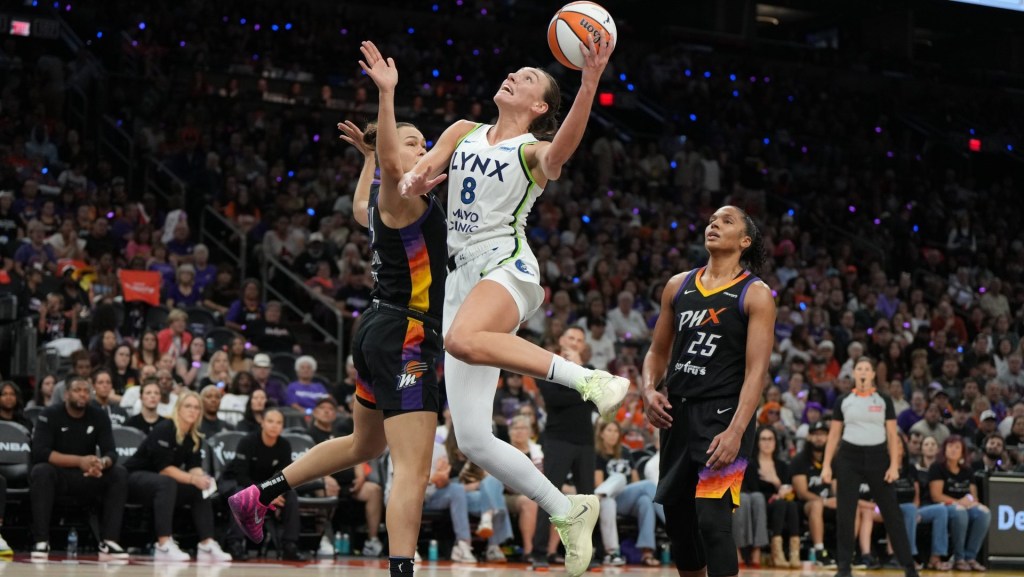
![[Subscription Customers Only] Jul 13, 2025; East Rutherford, New Jersey, USA; Chelsea FC midfielder Cole Palmer (10) celebrates winning the final of the 2025 FIFA Club World Cup at MetLife Stadium](https://frontofficesports.com/wp-content/uploads/2026/02/USATSI_26636703-scaled-e1770932227605.jpg?quality=100&w=1024)
